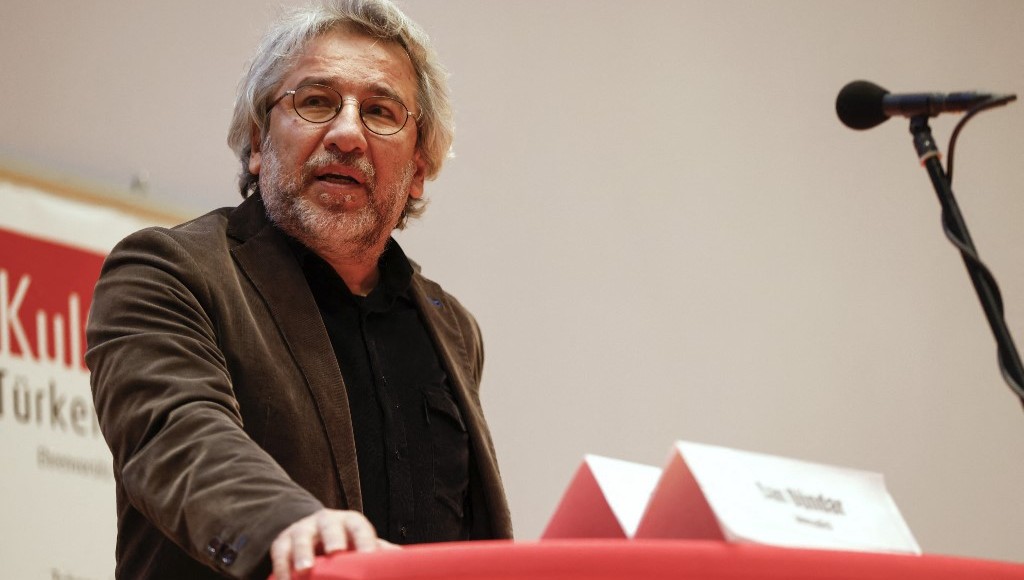Can Dündar, a Turkish journalist living in exile, has said a publishing house has been established in Germany to print books that have been censored or banned in Turkey at a time when the country faces growing criticism for limiting free speech and silencing dissent.
“I am going to give you the good news about a project on which we have been working for a long time. We established a publishing house for the [printing] of books that can’t be published or are censored or banned in Turkey. The first book comes out in two weeks. You will really be surprised,” Dündar tweeted on Monday.
Dündar, former editor-in-chief of the Cumhuriyet daily, was arrested and jailed for 92 days for reporting on the interception of Syria-bound trucks allegedly belonging to Turkish intelligence. He was arrested on Nov. 26, 2015 and released on Feb. 26, 2016 following a Constitutional Court decision.
Shortly after his release and an attack on him, Dündar quit his position at Cumhuriyet and left Turkey as scores of other journalists under pressure have done. He has lived in Germany since June 2016.
In a video Dündar listed the goals of ÖzgürüzPress and how it will reach out to readers in Turkey.
Dündar said owners of the publishing houses in Turkey are afraid to publish books whose content would displease the government and that even some authors whose books sold millions of copies before face rejection from publishing houses due to fears of government retribution.
When prominent Turkish writer and journalist Ahmet Altan was asked in a recent interview why he hadn’t had books he wrote in prison published in Turkish, Altan replied he wasn’t so arrogant as to not publish his books in his own country but that not a single publishing house in Turkey had asked for them.
Altan was released from prison in April after more than four years behind bars on charges of aiding a terrorist organization.
“Just as the [government] pressure in Turkey forced us to establish a media outlet while in exile, we felt the need to establish a publishing house in exile due to the hesitancy of the publishing houses [to print certain books],” Dündar said, adding that the new publishing house will be a refuge for authors who have been silenced in Turkey.
Dündar also runs the Özgürüz news website in Germany, one of dozens of such outlets established by Turkish journalists in exile.
The journalist also said the publishing house will also print the books of authors who face censorship in other countries.
Dündar said the books will reach readers in Turkey in various ways following their publication but he did not give any details about how they will be sold or delivered in the country.
Since a failed coup attempt in Turkey in July 2016, a growing number of books have been outlawed and confiscated, with some even considered evidence for certain crimes, which has led to great concern among publishers, authors and readers.
According to Turkish publishers, at least 30 publishing houses have been closed by government decrees in the post-coup era, while more than 670 books have been confiscated for allegedly disseminating the “propaganda of a terrorist organization.”
Another 135,000 books have been banned from public libraries on the same or similar grounds.
According to a statement from then-Turkish Education Minister Ziya Selçuk in 2019, more than 300,000 books have been removed from Turkish schools and libraries and destroyed since the attempted coup of 2016. Some of these books were destroyed because they were published by companies linked to the Gülen movement.
The Turkish government accuses the Gülen movement of masterminding the failed coup and labels it a “terrorist organization,” although the movement strongly denies involvement in the coup attempt or any terrorist activity.

